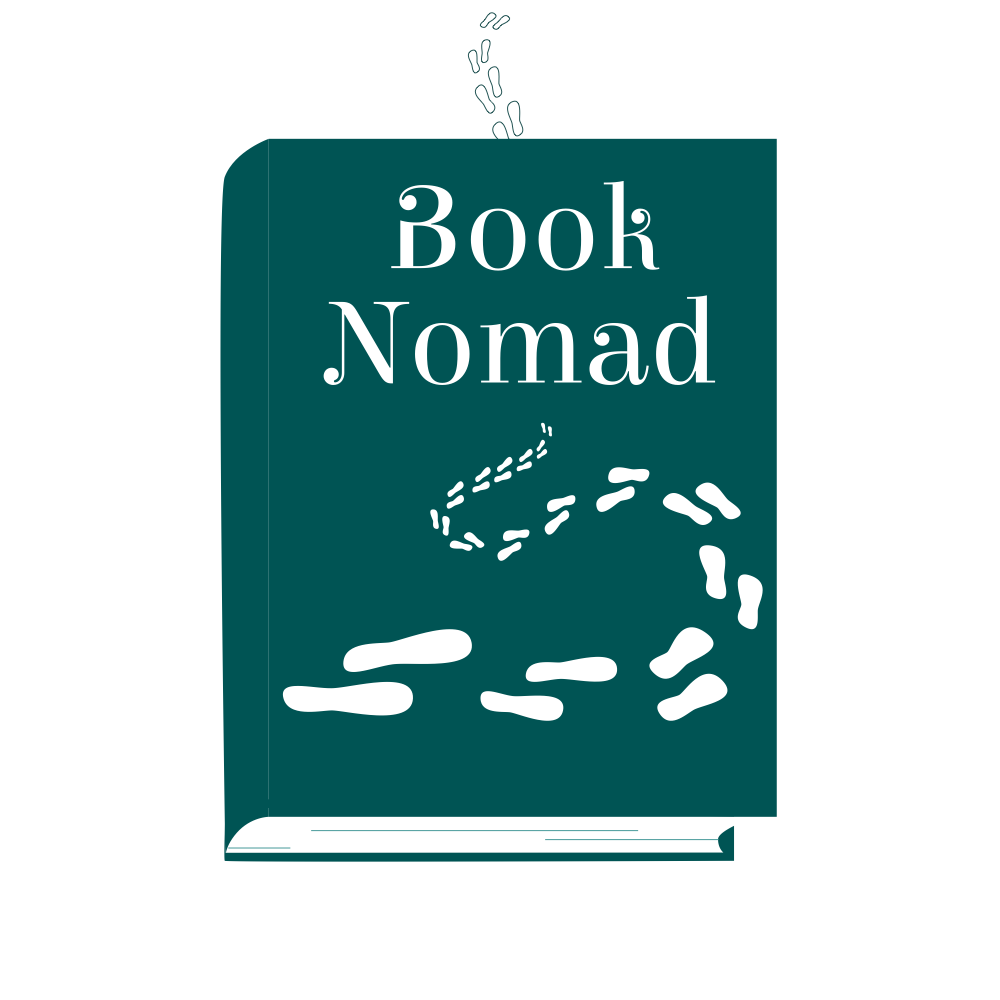To read about the Moroccan road to independence as an Algerian was both a familiar and enlightening experience. We Have Buried the Past (original title: دفنا الماضي) by Abdelkrim Ghallab invites us into the home of a reasonably well-off Fez family in the early and mid-20th Century. He allows us to observe their most intimate struggles and happinesses while seeing in parallel the city’s progress towards independence and its effect on the family as a whole and each member individually.
Ghallab covers many themes in this novel that could – and I’m sure have – justify much exploration, but since this is a mini-review, I would like to focus on a couple that particularly drew my attention. Throughout the novel, there is an often quiet, though sometimes explosive, conflict between “the past” and the future. This is a common theme in many novels, but what I found thought-provoking in this one was how both the colonial presence and Moroccan tradition were intertwined in one past that must be disposed of. The patriarch worried about disrupting the customs and old ways, and felt that there was no way to rid the country of the French colonisers without simultaneously causing such disruption. Similarly, the revolutionary son, Abdel-Rahman, believed that traditional thinking and attachment to custom prevented Morocco’s people from believing they could mobilise and take their independence. A further striking paradox of Abdel-Rahman’s anti-colonial “awakening” is that it is triggered by his studies at his less traditional, French school. I realised as I read that subconsciously part of me thought of independence movements, whether in Algeria or elsewhere, as a sort of return to the past before colonisation, rather than the building of a new present inspired by values that lived on in the people. These Islamic and social values are filled with life and significance in Abdel-Rahman as he slowly gains consciousness of his people’s situation and decides to take action.
I found Ghallab’s style – translated from Arabic by Roger Allen – easy to read and unusually comfortable. So many “classic” novels from Arab countries have a distinctly anti-Islamic atmosphere that means I never feel fully at ease in their world. This was different; I could recognise a respect for Islam and for his country that allowed me to lower my defences and consider with an open mind the critiques he levelled against his society. There’s also a degree of sympathy for all the characters in the book, including those who choose less honourable paths in the journey towards independence, and I appreciated that too. And this is all set on the beautiful, evocative, and carefully crafted backdrop of the old city of Fez in the 20th Century. For these reasons among others, this novel is quite unique out of the Arab novels I have read and I’m very glad I decided to pick it up.
Other reviews
Review by @Ilhamreads – Instagram
Review by @Safiyareads – Instagram
Related resources
Radio play adaptation in Arabic – Youtube


0 Comments